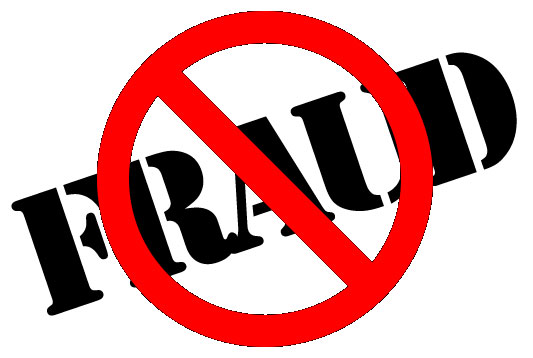Read The “Law” Yourself
How to Read "The Law" Don't take ANYONE's word for what "the law is". If…

Is it time to distinctly “plead and prove it”?
References: [1956] 1 QB 702, [1956] 1 All ER 341
Coram: Denning LJ, Lord Parker LJ
Ratio: There was a privative clause in the 1954 Act. A landlord’s declaration under the Act that work of a specified value, supporting an increase in rent, had been carried out on leased premises, could not be questioned after 28 days of its service on the tenant.
Held: The validity of the declaration could be challenged as fraudulent in proceedings for arrears of rent.
Lord Denning said: ‘No Court in this land will allow a person to keep an advantage he has obtained by fraud. No judgment of a court, no order of a Minister, can be allowed to stand if it has been obtained by fraud. Fraud unravels everything. The court is careful not to find fraud unless it is distinctly pleaded and proved; but once it is proved it vitiates judgments, contracts and all transactions whatsoever; see, as to deeds, Collins v Blantern (1767) (2 Wils. KB 342), as to judgments, Duchess of Kington’s Case (1776) (1 Leach 146), and, as to contracts, Master v Miller (1791) (4 Term Rep 320). [38] There are however serious problems with the debtors’ case in fraud. While fraud gives rise to an exception, the ability to raise fraud cannot be open-ended. If there was a genuine argument as to fraud the debtors had the same obligation to raise it in the Court of Appeal as they had for all other grounds they have since raised in their attempt to attack the District Court judgment.’ and ‘The Court is careful not to find fraud unless it is distinctly pleaded and proved.’ and
‘No other objections were taken in the county court to the documents, but I do not wish it to be assumed that this court approves of them. The statutory forms require the documents to be ‘signed’ by the landlord, but the only signature on these documents (if such it can be called) was a rubber stamp ‘Lazarus Estates Ltd.’ without anything to verify it. There was no signature of a secretary or of any person at all on behalf of the company. There was nothing to indicate who affixed the rubber stamp. It has been held in this court that a private person can sign a document by impressing a rubber stamp with his own facsimile signature on it: see Goodman v J. Eban Ltd., but it has not yet been held that a company can sign by its printed name affixed with a rubber stamp.’
Statutes: Housing and Repairs Act 1954
Jurisdiction: England and Wales
This case cites:
(This list may be incomplete)
This case is cited by:
Last Update: 13 March 2019
Ref: 219283